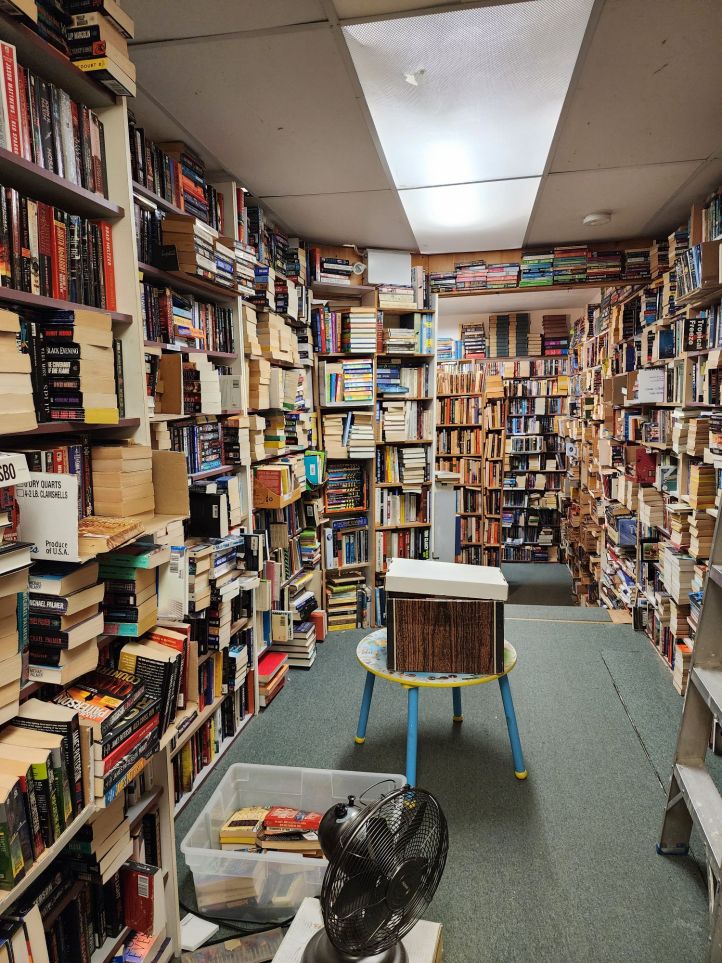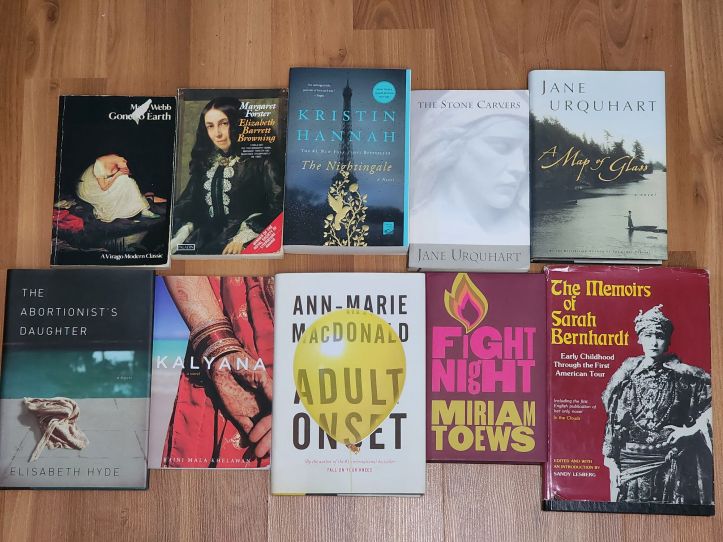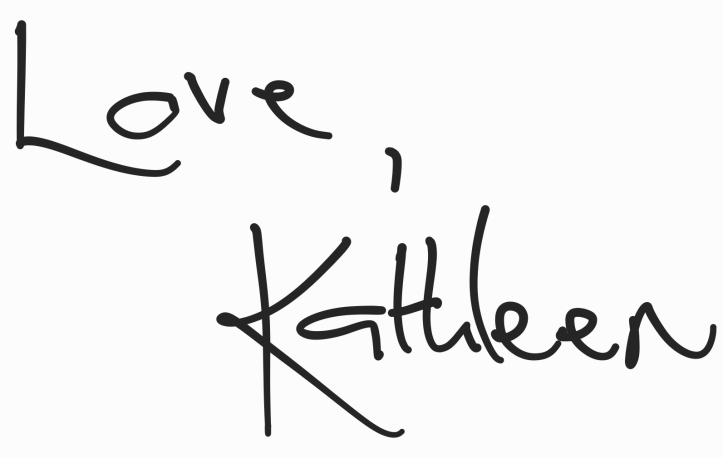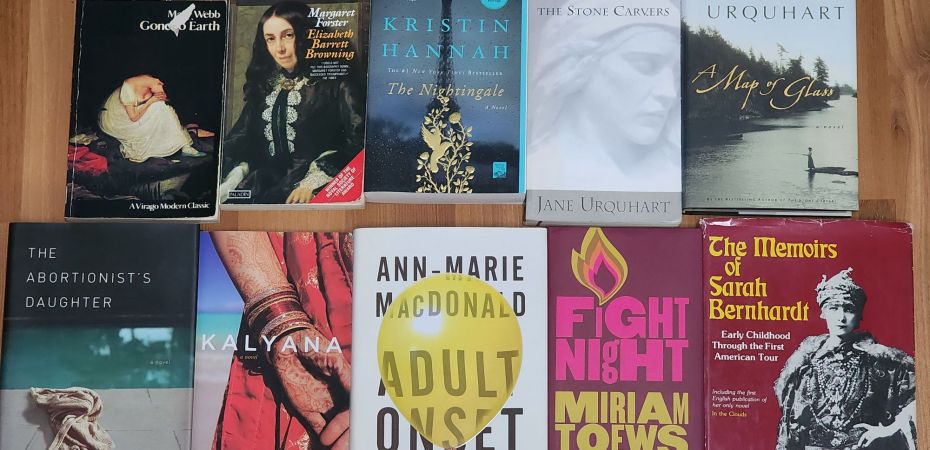All used bookstores smell the same. There’s a heavy stillness to the smell, a history that stores selling new books can never boast. I wonder if every book in a used bookstore has been read. Surely there’s a category of donated books that were doubles of a fulsome collection, or gifts that didn’t quite hit the mark. Surely there are books bought on the hope of more time, time enough for every book on the shelf.

This bookstore is not the most labyrinthine I’ve been in, nor the least. It’s a lovely average used bookstore. Some assumptions can be made: the owner loves books and might have a hard time getting organized; passersby may not know it’s a bookstore because the windows are covered to protect the product and therefore foot traffic is more of a one-at-a-time pace; and careful placement has long since fallen by the wayside as stacks become towers and doorways narrow.
I’m asked if there’s a particular genre I’m interested in and while I do have something in mind, I say I’ll be making my way through the entire store. In fact, I’ll do so twice, because even if you look carefully, you’ll always see something you missed on the first perusal.
I spend a lot of time in fiction and in biographies. I pull several books to add to my collection, many written by authors who wrote other works I’ve loved. I pull The Stone Carvers by Jane Urquhart, whose poetry book Some Other Garden taught me how a poem can bare a secret as well as explode with truth. I pull Fight Night by Miriam Toews, whose Women Talking took me into a world so like and so unlike my own. I pull Adult Onset by Anne-Marie MacDonald, whose Fall On Your Knees made me want to write again.

I weave through the store, noting that a great majority of the biographies and autobiographies are by men. I think about how romance as a genre is mocked, and yet the covers of most science fiction books by men look astonishingly similar, just with the sexes reversed. History is of course written by the winners, the winners of patriarchy being men. At the very end of the shop is a section for religion, a market rather famously cornered by men.
But I don’t see a poetry section. As I make my way back to the front, I keep an eye out but I must have missed it. I ask the man at the counter and he points directly behind me, down the modern fiction aisle and beneath the glass cases with the leather bound classics. He offers to hold onto the books I’ve collected so far, but doesn’t seem prepared to take them – we both work to clear a space on the massive desk for my six or so books. I see open notebooks filled with handwriting, a case of well-used artist supplies, a cardboard box of comics, and heaps of books, some piled open-spined.
The poetry books are double-stacked, so I sit on the gritty low-pile carpet and start pulling the front row out so I can see the ones in behind. I quickly understand these are not more poetry books but just a random assortment of books, in front of which the poetry sits. I can’t find anything by Emily Dickinson, which was my purpose for stopping in the store. I’d been craving a re-read of the work I grew up on, as well as hoping to find new favourites in her more obscure work.
Then I realized there was no poetry by women at all.
There was one book written by a woman but when I opened it, I found lyrical prose which was lovely but not poetry. My sadness was sudden and profound. A world without women poets. What must that be like? What would I have been like, had I not read Elizabeth Barret Browning or Warsan Shire or Mary Oliver? Andrea Gibson or Maggie Smith or Louise Glück?
I didn’t want to know. I owe so much of my voice to female poets. Their words are inextricably woven into my inner life. When I can’t find my words, I use theirs.
I wonder if the man behind the counter realizes all the books I’ve stacked on his desk are by female authors. I wonder if he notices I pull nothing from the poetry section. I don’t think so. He lives in a different world than me. He mentally adds up the total of my books and I pay. I’m disappointed that I haven’t found what I was looking for, yes. But the disappointment is so much deeper than not adding Dickinson to my collection. The reminder of what is missing is a physical ache, an absence made obvious to me and invisible to others.

I know from books like Invisible Women by Caroline Criado Pérez and How to Suppress Women’s Writing by Joanna Russ that the erasure of women and our writing is not accidental, not incidental, and not acceptable.
I am so grateful that my world has been made so much more vibrant, with so much more depth, because of women’s work.
I’ll find Emily Dickinson’s collections yet.

